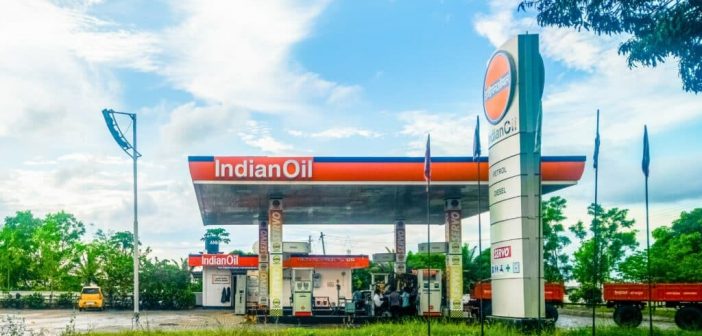India is advancing its Ethanol Blended Petrol (EBP) Programme, aiming for 15% ethanol blending in 2024 and setting a goal of 20% by 2025—a shift from the previous target year of 2030. This initiative, led by the Ministry of Petroleum and Natural Gas, aims to reduce India’s dependency on imported oil, enhance energy security, and provide economic opportunities for rural communities.
Ethanol Blending: Boosting Sustainability and Economy
The program, initially launched as a pilot in 2001, received a major push in recent years. Ethanol, produced as a byproduct of sugarcane, provides an environmentally friendly alternative to fossil fuels. The program contributes to reduced carbon emissions and supports the agricultural sector by offering farmers additional income streams. Under Prime Minister Narendra Modi’s leadership, the program has seen significant expansion with production capacity doubling over four years to reach 1,623 crore liters as of September 2024.
With petrol consumption rising by 64% over the past decade, ethanol blending has also surged from a mere 1.53% in 2013-14 to 15% in 2024. India’s shift toward biofuel aligns with goals to create employment, support “Make in India,” and reinforce Swachh Bharat. The government expects that by 2025, India’s ethanol demand will reach 1,350 crore liters, with 1,016 crore liters dedicated to fuel blending alone.
Key Measures and Economic Impact
Achieving these targets involves a multi-pronged approach: the Union Cabinet recently approved the updated Pradhan Mantri JI-VAN Yojana, extending it to 2028-29 and expanding its scope to include advanced biofuels derived from sources like agricultural waste and algae. Additionally, measures such as a 5% GST on ethanol for the EBP Programme and interest subventions to promote ethanol production capacity support this drive. By implementing these policies, India aims to make ethanol blending more financially viable for producers and consumers.
The economic impact of the EBP Programme has been substantial, with oil marketing companies disbursing over ₹1,45,930 crore to ethanol distillers and ₹87,558 crore to farmers. The program has also saved the nation ₹1,06,072 crore in foreign exchange and cut CO₂ emissions by 544 lakh metric tons, equivalent to substituting 181 lakh metric tons of crude oil.
A Vision for Energy Security
India’s ethanol blending journey is poised to make the nation a leader in biofuel adoption, positioning it as a sustainable energy example. The ethanol program represents not only a pathway to energy security but also a vision of a cleaner, self-sufficient future for the country, with the added benefits of economic resilience and rural development.






